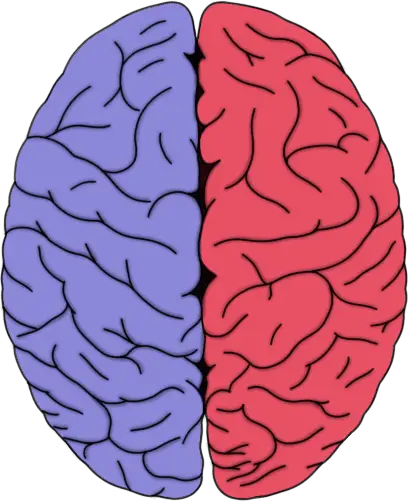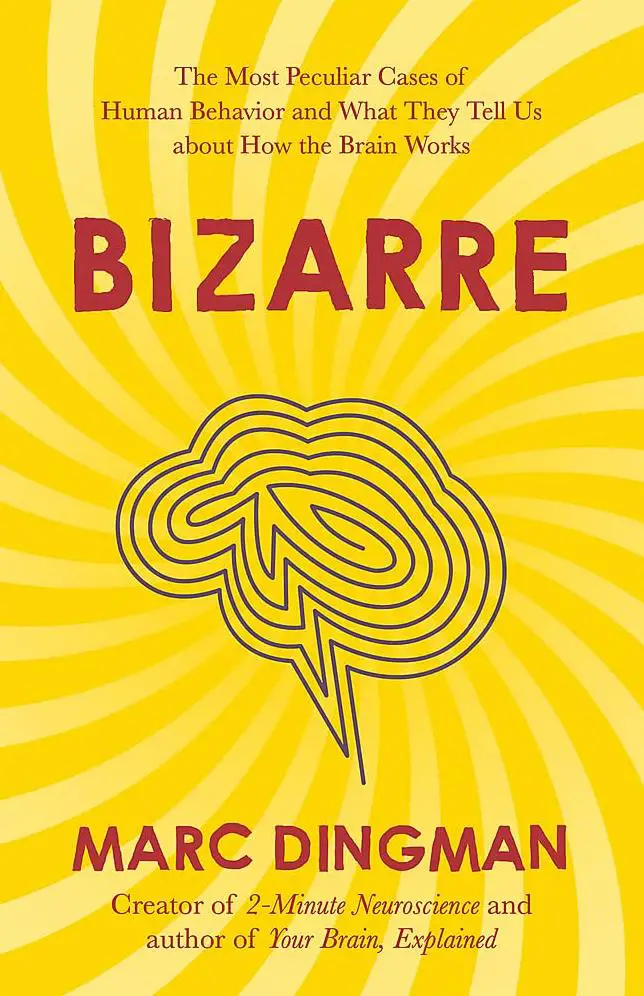Why You Can't Remember Where Your Keys Are
Why do we remember? To some this might seem like a ridiculous question. Memory is so intricately intertwined with our conception of existence that it is difficult to objectively ask questions about why we developed the capacity for it, or to imagine the possibility of a life without it. If one is to assume, however, that like every other facet of the human condition, memory evolved from rudimentary beginnings, then “why do we remember?” becomes not only a reasonable question, but an important scientific inquiry.
Looking at memory from an evolutionary standpoint, one must assume that it developed to serve an adaptive purpose. Of course, when one begins to cogitate on what that purpose might be, it is easy to stumble into purely speculative territory. Evolutionary psychologists have received much criticism for this. Examples of hypotheses about evolutionary origins gone wrong shouldn’t serve to negate the efforts of the entire field, however, it should just encourage a more cautious approach.
Two psychologists from Purdue University, James Nairne and Josefa Pandeirada, published an article in this month’s Current Directions in Psychological Science that describes their lab’s approach to the evolution of memory. It attempts to avoid blatant speculation by beginning with simple hypotheses about the purposes of memory, and testing their validity before moving on to more complex explanations.
They start with three basic assumptions that an evolutionarily adaptive perspective on memory would require. The first is that memory probably didn’t evolve just to recall the past. In other words, memory must serve a purpose, allowing us to predict the probability of future events given certain circumstances. Second, memory should be governed by priorities. We shouldn’t remember all environmental stimuli with equal clarity. This would lead to a maladaptive inability to remember the most salient stimuli, and would clutter our memories with unimportant details about our environment. Third, memory should assign the highest salience to environmental stimuli that improve reproductive fitness and evolutionary adaptiveness. So, those things in our environment that have historically proven to be the most important for survival should garner the most mnemonic attention.
Based on these assumptions, Nairne and Pandeirada conducted behavioral experiments to determine if survival-related processing enhances retention. After an initial study indicated that participants were able to remember survival-related words better than other words that required a similar level of processing, the researchers designed a large study that compared survival processing to some of the most renowned mnemonic techniques, like imagery and the use of autobiographical cues. They found that survival processing resulted in higher average recall rates than any of the other techniques tested.
So perhaps we remember because it allows us to predict where danger might lie, who we can trust, successful ways to court a mate, how to obtain food, etc. Maybe this seems obvious, but it only becomes so with a little thought. Our inherent predisposition toward an anthropocentric view of the world often causes us to unconsciously regard our mnemonic abilities as above the laws of science and the progression of evolution. We don’t usually think of our memory as evolving in the same way that our bodies have, but the idea that we have developed context-specific cognitive modules through evolution is becoming hard to ignore. Then again, perhaps there is a reason we have a tendency to ignore such explanations for our cognitive abilities. Anthropocentrism may be adaptive in its own right.
Nairne, J.S., Pandeirada, J.N. (2008). Adaptive Memory: Remembering With a Stone-Age Brain. Current Directions in Psychological Science, 17 (4), 239-243. DOI:10.1111/j.1467-8721.2008.00582.x


